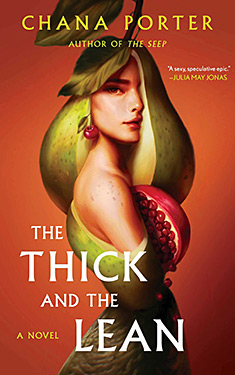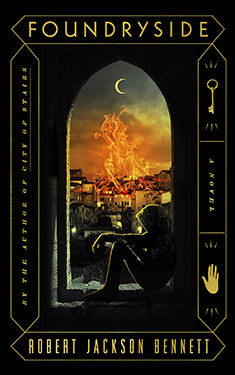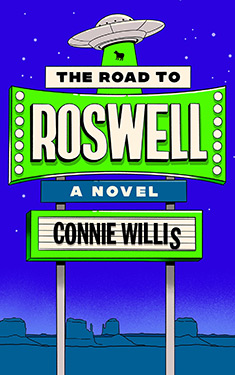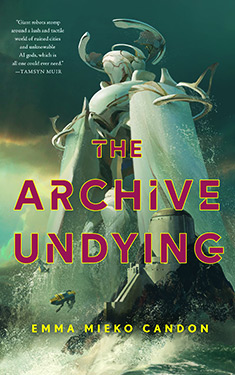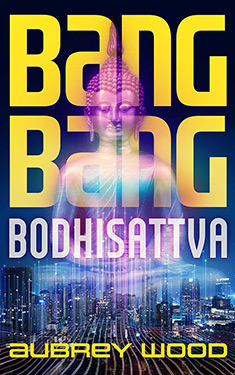Chana Porter
Completed 6/25/2024, Reviewed 6/25/2024
5 stars
This is the last remaining book nominated for a 2024 Speculative Fiction Lammy. The winner was I Keep My Exoskeletons to Myself. I think it deserved to win. However, this would have been a very strong runner up. I was floored by the power of this novel. It’s about a dystopian planet with capitalism run amok, where fat shaming has become engrained in the government and religion. Corporations and ministers convince people that to eat is to sin. The poor live on the ground, vulnerable to the rising seas while the super-rich live in towers. At first, I was rather put off by the book, but after about one hundred pages, I had bought into the premise. I was hooked.
There are two main characters told in alternating chapters. Beatrice is a teen living in a corporate owned community called Seagate. Everyone there has bought into the societal and religious doctrine to eat as little as possible, as chewing, digesting, and defecating has become taboo, worthy only of animals. Beatrice believes in the doctrine, but also believes food can taste good. She wants to be a chef, but of course will have to leave home to live that dream.
Reiko has graduated high school with a scholarship to an expensive technical university where she can develop her amazing programming skills and have a chance at a good job. She is of the lower class, the indigenous people who don’t cover their mouths when chewing and don’t starve themselves on nutrition pills, but are also not considered citizens of their own land. When her funding is cut, she takes to a life of hi tech grifting to make her way to the top of society.
I think my initial hesitation with the book was that I didn’t like the circumstances of the main characters. It was too bleak. Sometimes a good book is too bleak to appreciate because you don’t want to enter that world. However, I soon found myself very much inside Beatrice and Reiko’s heads. They are both wonderful characters with fascinating arcs. They start as naïve teens but grow into self-empowered women. Neither is perfect, but they are both strong. I enjoyed reading about them even when they were making bad decisions.
One interesting thing about this society that Porter created is that the substitute for eating is sex. Besides controlling hunger, society, particularly religion, has normalized sexual promiscuity as a form of worship. Eventually, the reader realizes is that it has become the substitute for eating. The book is not one big orgy, but sex plays a major role in how people interact with each other. For people who are monogamous, it is almost as culturally difficult as wanting to chew food.
The world building of this book is tremendous. I was amazed at the imagination that went into extrapolating fat-shaming into a cultural, religious, and corporate norm. When we finally get to parts where food is savored by the eaters, it is a splendid visceral experience.
I give this book five stars out of five. Reading it was profound, with the experiences of both Beatrice and Reiko, regarding food, sex, and simple control over their own bodies. It’s a dark book and may be too much of a downer for some. But I found it to be a worthwhile experience, provoking my own hangups around food and sex. It’s well written and beautifully imagined. Porter hasn’t written a lot yet, but I would definitely be open to more of her work in the future.
